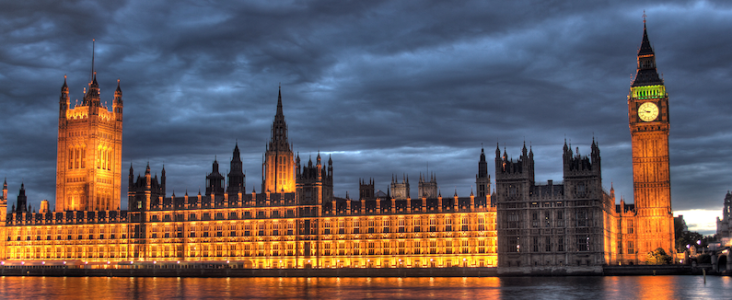Originally implemented under New Labour to improve failing schools, the number of schools becoming academies increased significantly under the Coalition government. All schools were offered the option to convert to academies, with particular priority given to those deemed ‘outstanding’ and ‘performing well’ by Ofsted. By June 2015 over half of all secondary schools in England had academy status. In the Autumn Statement that year, Chancellor George Osborne announced that the scheme would be extended to sixth form colleges.
It was envisaged that Academy Trusts would improve the deployment of school budgets by achieving economies of scale. The College Academies Trust argued that changes ‘streamlined many head-office functions such as finance and payroll’. It was argued that the savings would benefit pupils as governors could use efficiency savings to fund other areas. The top five academy chains (the largest being the Academies Enterprise Trust) each have more than 40 schools, allowing them to tender for operations, such as cleaning staff, for a lower cost. However, big has not necessarily been better. In a report in July 2015, the education and social mobility think, the Sutton Trust, condemned large academy trusts for failing to improve the chances of disadvantaged children suggesting in a third of academy chains, poorer children were performing below the mainstream average of the previous year.
Another factor underpinning ‘academisation’ is the notion that academy chains disseminate good practice, and in doing so drive up standards of teaching. By the time of the general election in 2015, the Harris Federation had 35 primary and secondary academies. Of the 18 inspected since opening or converting, 17 were rated good or higher, (16 were conversion academies that had previously been rated less than good). Those evangelising for academies argued that such schools drove up standards in other schools. However, the involvement of inadequate sponsors in everyday teaching has also been raised by the National Union of Teachers (NUT) as a serious problem. The union has criticised evangelical Christian groups in Academies, such as the Emmanuel Foundation run by Sir Peter Vardy of Reg Vardy car dealerships. Teachers in these schools spoke of a ‘totalitarian repressed atmosphere’ and pupils claimed creationism was taught as a theory equal to evolution. The leaking by the press of Operation Trojan Horse in March 2014 also offers an alarming example of the lack of academy accountability under the Coalition. The operation in question centred on the efforts of a number of associated individuals in Birmingham to oust non-Muslim staff in a number of academies – most notably Park View School – and introduce a radical Islamist ethos. A large number of academies are run by faith groups and, with less accountability by Local Education Authorities councils, could reduce social cohesion in areas and religious tolerance.
Academies are centrally funded by the Department of Education, not local councils, and have considerable autonomy over budgets as well as an additional £25,000 towards conversion costs. This means academies not only benefit in the short term financially, but also in the long term as they are able to reduce and match budgets to demand of services such as disabled care or activities and clubs. They can also attract and retain good staff by increasing their salaries. However, reports suggest that financial conflicts of interest between schools and their sponsors are a very real problem.
Under the Coalition there was little conclusive evidence on the effectiveness of academies. Conservative MP, Graham Stuart, then head of the Education Select Committee stated in January 2015 that ‘[A]cademisation is not always successful’ and the evidence collated by Ofsted inspection has varied across chains. Critics of academies argue that the lack of accountability has led to problems from fraud to radicalisation. That the current Conservative government is committed to the complete academisation of all primary and secondary schools in England and Wales means controversy won’t be disappear any time soon, our blog here shows.
